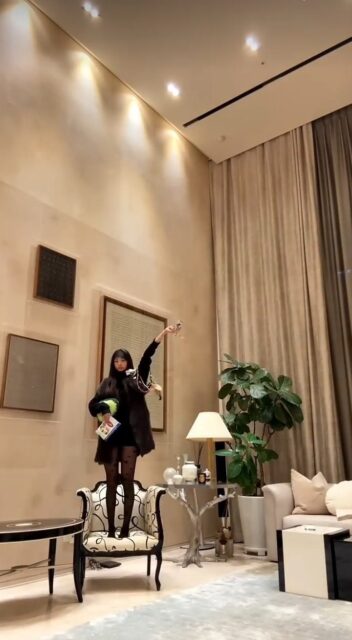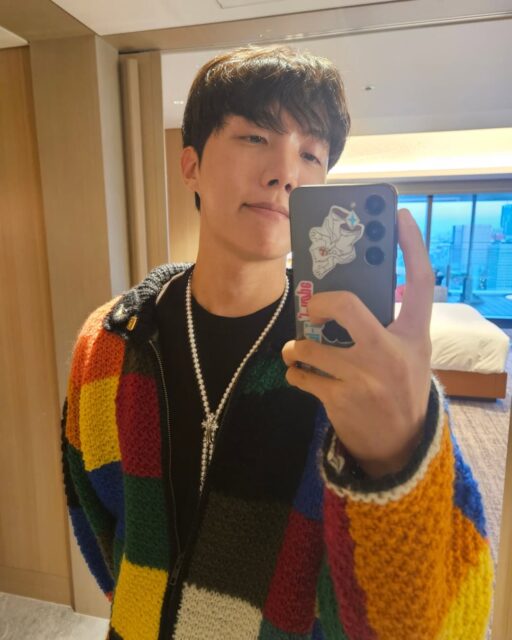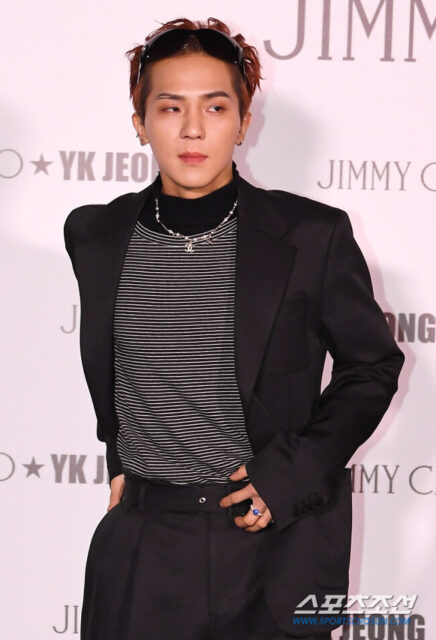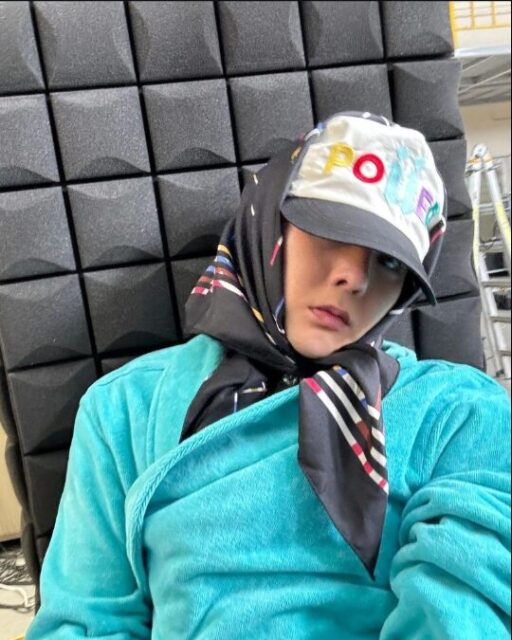While South Korean media has effectively taken over the globe in terms of popularity, much of its success depends on how well the messages in the original language are being communicated to its audiences. For K-Dramas, that means the quality of subtitles plays a major role in connecting with viewers. A botched translation could very well be the make or break for a show, and it isn’t exactly rare to see subtitle errors nearly “ruin” a viewing experience.
Here are a few instances of when mistranslations have drastically changed a K-Drama’s story and almost got away with it:
-
Squid Game (English subtitles)
Squid Game, arguably one of the most lauded Korean productions on Netflix, had multiple tweaks in its English subtitles, that changed much of the story’s meaning and even characterizations. TikTok creator Youngmi Mayer called out these errors. Among the many instances she cited in her video, the character Han Mi Nyeo particularly suffered in terms of mistranslations.
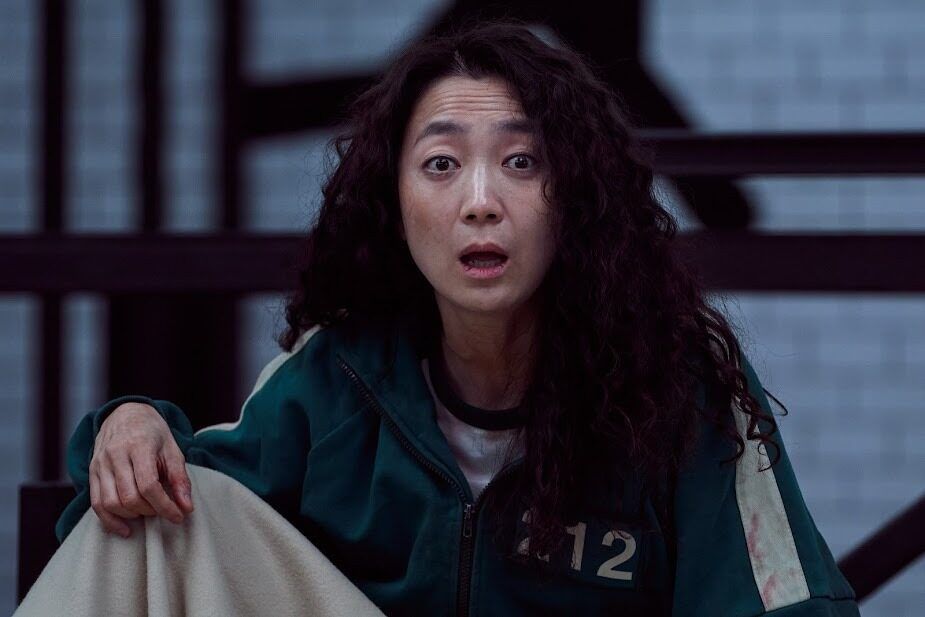
In the sixth episode of the series, the participants of Squid Game were given the task to assemble into pairs to play a game of marbles. Han Mi Nyeo, who had given herself a bad reputation at this point in the series, had a hard time partnering up with someone. As she frantically ran around trying to find people to team up with, she found herself sucking up to Seong Gi Hun – and it was what she said during this very scene that Youngmi Mayer broke down the mistranslation.
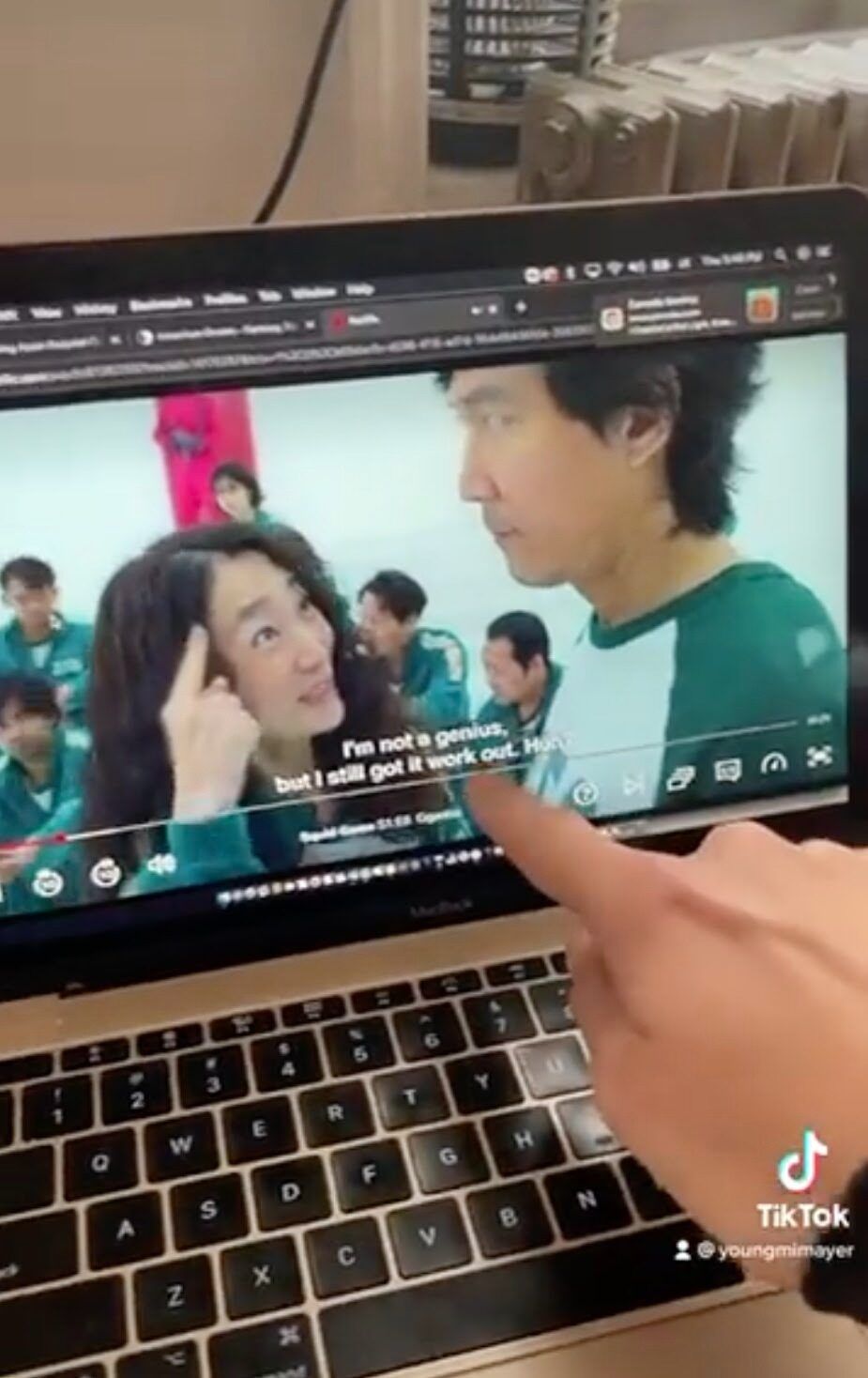
The English translation says, ‘I’m not a genius, but I can work it out.’ What she actually said was, ‘I’m very smart, I just never got a chance to study.’
That is a huge trope in Korean media. The poor person that is clever and smart, but isn’t wealthy. That is a huge part of her [Han Mi Nyeo] character. Everything she says, is being botched [.] all the writers want you to know about her, is that,
– Youngmi Mayer, @youngmimayer/TikTok
Another significant mistranslation, pointed out by Mayer, happened with the character Oh Il Nam. In a particular scene, the character says the line “깐부, 니꺼 내꺼 없0,” which was translated as “you share things with them” by Netflix. According to Mayer, however, the more accurate translation would have been ‘There’s no ownership between me and you,’ not ‘We share everything.’
That is a huge miss. That is the entire point of this f*cking episode. It’s a very small sentence, but now it doesn’t even make sense.
— Youngmi Mayer, @youngmimayer/TikTok
-
Squid Game (English dialogues)
Another translation-related issue in Squid Games was the characterization of the VIPs. After the show’s release, many viewers found the acting stilted. The actors responded to the criticism by providing some context on how the VIPs, who were mostly non-Korean actors, were directed on set.

John D Michael, one of the actors, explained that often their English dialogues were translated by non-native English speakers or even Google translate, which attributed to the unpolished nature of their performance.
Geoffrey Giuliano, another actor who played the VIP role, provided an instance where his dialogue was tweaked in a manner that would be unsettling on English speakers’ ears.
In my first line in Squid Game, you see me say, ‘Listen, I’ll give anybody some slack.‘ That’s not what people say. They say, ‘I’ll cut anybody some slack. In the final version, they went with the ‘give.’
— Geoffrey Giuliano
-
The 8 Show (Multiple language subtitles)
The 8 Show, a Netflix original series, recently came under fire for a translation mistake in its subtitles where it referred to the East Sea as the “Sea of Japan.” This error occurred in the subtitles of multiple languages during a scene where Ryu Jun Yeol’s character was singing the Korean national anthem.
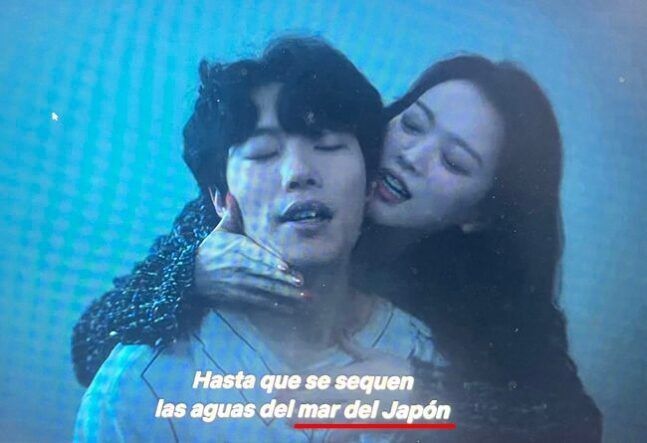
The error was a serious one, given that it ruffled the feathers of heated political discourse. Currently, many South Korean scholars are involved in campaigns to have the Sea of Japan’s name officially changed to the East Sea, as they see the former name as a negation of South Korea’s sovereignty.
Bonus: One Of Us Is Lying (Korean subtitles)
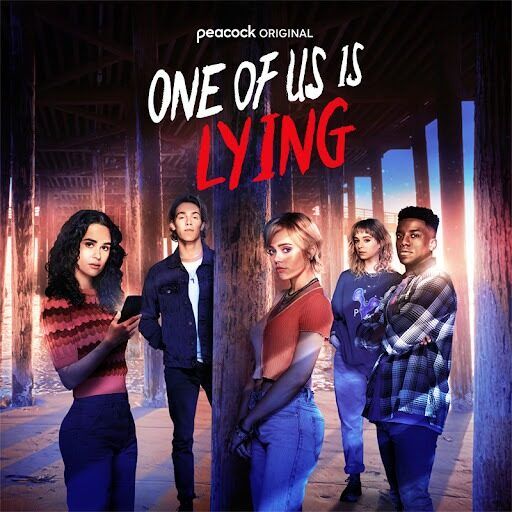
Sometimes, botched translations can ruin a show’s experience the other way around as well. The American Netflix series One Of Us Is Lying got into hot water with Korean viewers over inappropriate Korean subtitles. In a particular scene, a character originally says, “Yeah, he’s really got a thing for, uh, Jake’s sloppy seconds, huh?” But in the Korean subtitles, the dialogue is written as “TJ has a hobby of dish-washing the women Jake meets.”
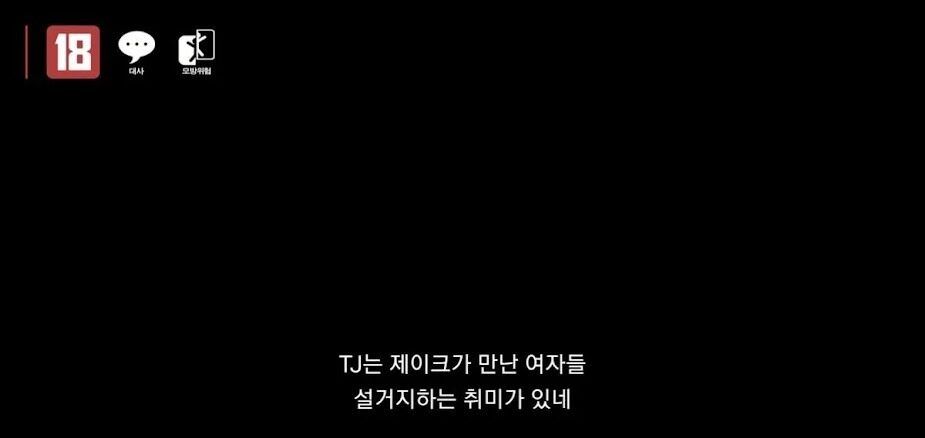
The term “dish-washing” (Korean: Seolguji) is often used in some chauvinistic online communities to derogatorily refer to the act of marrying a woman who has had many sexual partners. Needless to say, the use of this term soured the show’s experience for many Korean viewers.

